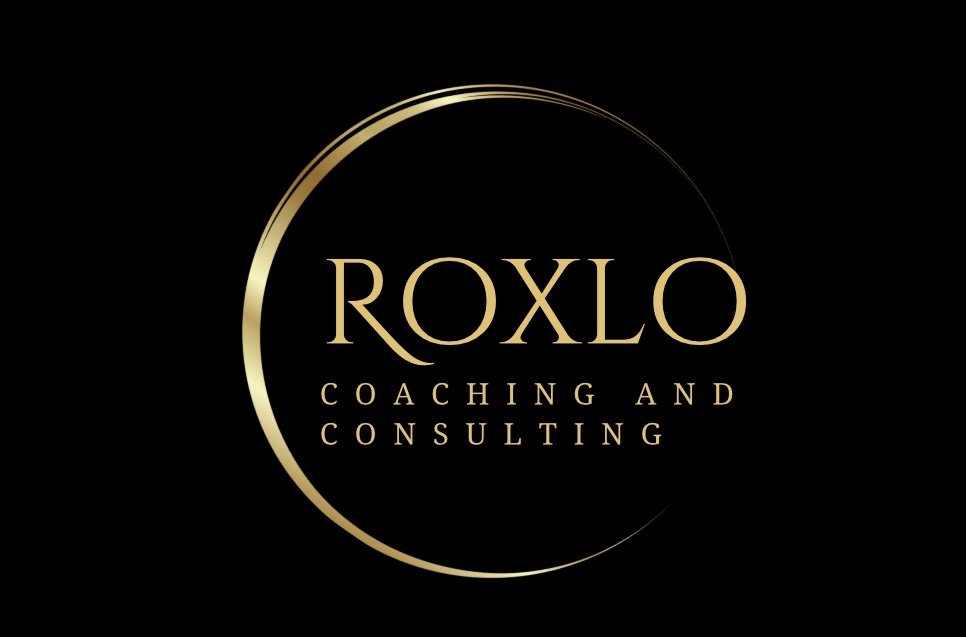Leading Beyond the Echo of Your Own voice - Are you a last word leader?
Volume 8: Telling it Like it Is - Leading Beyond the Echo of Your Own voice - Are you a last word leader?
This is Emotional Adventures in the Office, where we are committed to addressing real struggles that people face at work. Our approach will vary. Sometimes we will ask questions, other times we will make bold statements. We're always looking for new topics to delve into, so if you have any suggestions, please let us know.
Are you a last word leader?
If you are, you probably are not aware of it. The team knows it. If you are, it's as if you are the director of your own monologue and your team, nodding their heads have learned you need applause, and likely have forgotten their own voices as a form of self-preservation.
A last word leader operates within their own fortress of certainty built on the sands of insecurity. This leader swaps priorities like baseball cards, leaving teams in a constant state of distress, blaming them for lack of execution.
The foundation of high performing teams is trust, and it is built on consistency, transparency, and the ability to listen well.
For a last word leader there's no room for dissent, diversity of thought, or genuine collaboration. You might argue that this centralized control keeps chaos at bay. But what it really does is create a culture of compliance over innovation, where fear of fallout replaces the drive to experiment and grow. The result? A fragile, uninspired organization that likely has poor engagement.
Your control is an illusion, and it has a cost. It's called engagement and retention.
Leadership isn't about proving your superiority; it's about harnessing the collective intelligence of your team and not squandering the organization's greatest asset: the people.
The Roadmap to Change
Learn the art of silence: Practice active listening. Pause before you respond. Ask questions. Be curious. Remember, the goal is not to have the last word but to work towards the best outcomes. This is where voices, ideas, and innovations bloom. The most effective leaders use it well. Encourage debate, welcome different perspectives, and embrace the possibility that the best ideas may not always be your own.
Build a foundation of trust: Be consistent and transparent. Let your actions speak so loudly that you don't need to drown them out. Admit when you don't have the answers, value the expertise within your team and believe in your team's ability to rise to any occasion.
Embrace flexibility with a purpose: Changing your mind isn't a problem, but doing so without purpose or transparency is disruptive. Involve your team in the journey of decision-making. Let them see the map, not just the changes. Adapting to new information and shifting priorities without penalizing your team is key to staying relevant and resilient.
Champion Collaboration: Create an environment where every voice is valued, where failure is seen as a step towards innovation, and where success is a shared.
Cultivate your Humility: The greatest leaders are those who know they don't have all the answers. They're learners, not just tellers.
This is your call to evolve The age of autocracy is over. The future belongs to the leaders who listen well and lead with authenticity. It is about creating an environment where we are committed to the collective success.
Remember: The true mark of a leader is not how many followers they have but how many new leaders they make.
